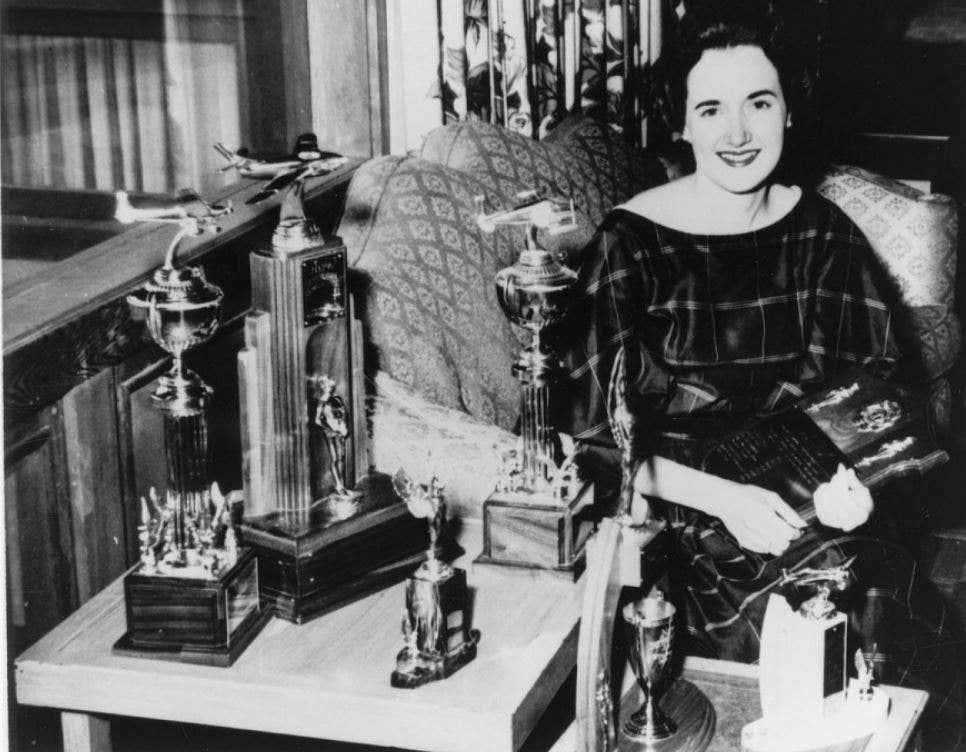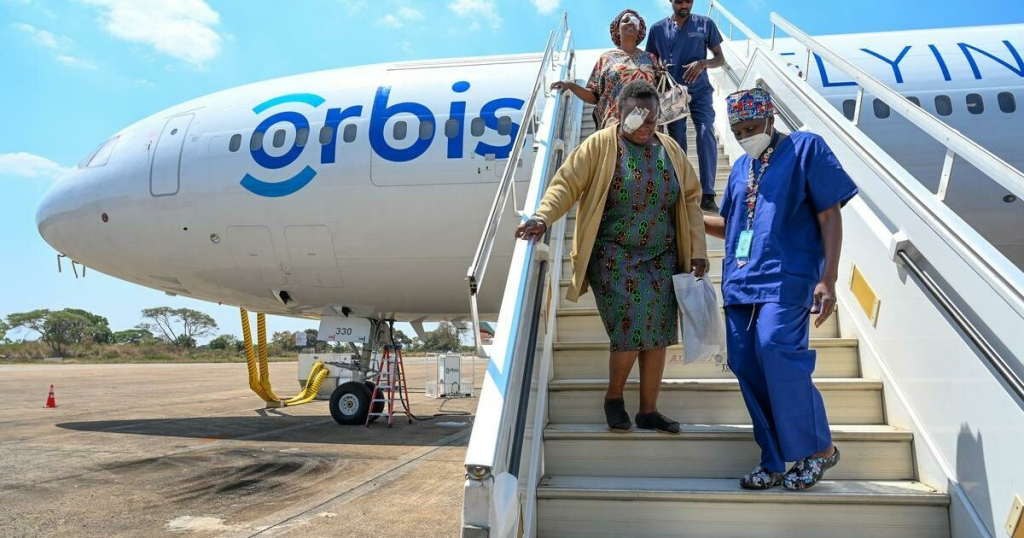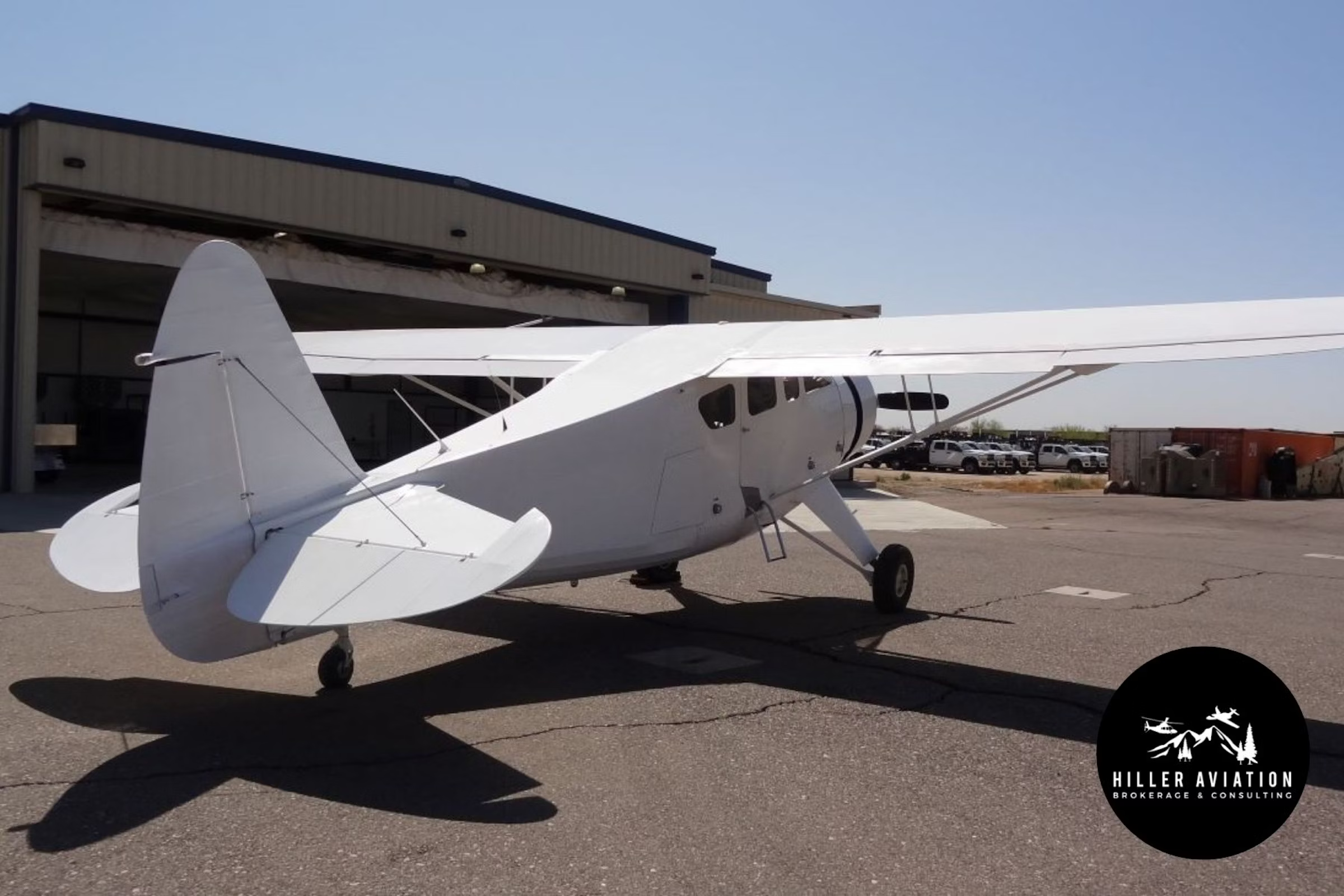Remembering the Legacy of Gene Nora Jessen
The acclaimed pilot was a member of the experimental ‘Mercury 13’ program that laid groundwork for U.S. women to become astronauts.

Gene Nora Jessen in college at the University of Oklahoma, circa 1958. [Courtesy: Smithsonian National Air and Space Museum]
Gene Nora Jessen—an acclaimed pilot, instructor, author, and member of an elite group of women pilots selected for a research program later dubbed “Mercury 13” that set the groundwork for American women to become astronauts—passed away May 21. She was 87.
Jessen was born in 1937 and raised in Chicago. As a teenager she joined the Civil Air Patrol, where she had her first opportunity to fly an airplane. Her interest in aviation continued at University of Oklahoma (OU) where she joined the school’s flight club, known as the Air Knockers. She was a skilled pilot and earned several flight trophies. She also became the first woman to work as a flight instructor at OU.
In the summer of 1961, when Jessen was 24, another woman flight instructor in Oklahoma, Wally Funk, told her about an opportunity to join an experiment to see if women pilots could become astronauts. Jessen applied, was accepted, and quit her job as a flight instructor to become part of the “Mercury 13” experimental program based in Albuquerque, New Mexico. Jessen passed the tests and was preparing to go to Florida with the rest of the trainees, but the program was canceled.
Jessen was always modest about her role in the space program. However, she served as a role model for several women who became flight crew for space shuttle missions. She received notes from them thanking her for her part in the space program.
In 1962, she was hired at Beech Aircraft in Wichita, Kansas, as a sales demonstration pilot. She added additional ratings as she became qualified to fly everything Beech Aircraft produced.
She gained prominence as one of the "Three Musketeers," a promotional event that involved Jessen and two other pilots flying formation across 48 states in 90 days to promote the new Beech Musketeer. She would later write about this experience in her 2009 book, The Fabulous Flight of the Three Musketeers.
It was at Beech that she met her husband Bob, who had been a B-29 pilot during World War II. Aviation was a key part of their relationship as the pair moved to Idaho in 1967 and started a series of aviation businesses while raising a family.
Jessen loved to fly and promote aviation. She served as President of The Ninety-Nines, the international organization of women pilots, and was skilled at research. She was determined to chronicle the feats and accomplishments of the first women pilots. This led to her book, The Powder Puff Derby of 1929, published in 2001. She also penned Amelia Was Right, and Sky Girls: The True Story of the First Woman’s Cross-Country Air Race. In addition, she was a regular contributor for The Northwest Flyer and The Idaho Statesman.
Perhaps inspired by what she found during her research, Jessen began air racing herself and continued to fly until health challenges prompted her to hang up her wings in 2017.
While no memorial plans have been announced, those who wish to remember Jessen are invited to make a donation in her name to The Ninety-Nines, a 501(c)(3) organization that supports women pilots.

Sign-up for newsletters & special offers!
Get the latest FLYING stories & special offers delivered directly to your inbox






